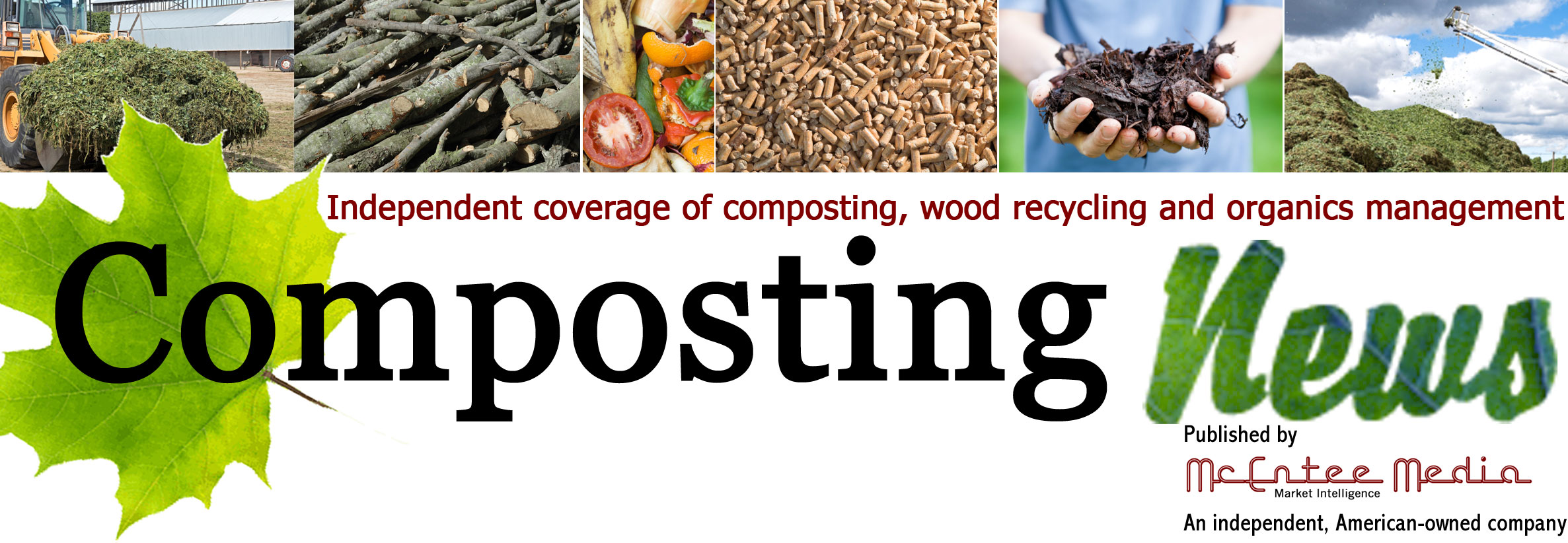New restrictions on landfilling food waste went into effect in New York and California on January 1.
With the new restrictions, New York requires large generators of food waste to donate edible food or recycle food scraps. The law, which was passed as part of the state’s budget in 2019, applies to businesses and institutions – with a few exceptions – that generate an average of two tons of food waste per week. Exceptions to the law include hospitals, nursing homes, adult care facilities, schools and farms.
The Natural Resources Defense Council (NRDC) notes that in addition to the law itself, New York has allocated funding that supports food waste work from prevention through recycling — through funding for municipalities and technical assistance for generators. The state has also made funding available for the food rescue community to improve their infrastructure, such as by adding refrigerated trucks and storage needed for increased donations. These kinds of actions further up the hierarchy are essential to more fully realizing the environmental and social benefits of preventing food waste.
Meanwhile, California’s food waste disposal ban mandated under SB-1383 also went into effect on January 1. SB-1383, which passed in 2016, sets a goal to reduce organic waste sent to landfills by 75% from 2014 levels by 2025. Following the passage of the SB-1383, the state has funded $140 million in grants and loans for organic waste and food rescue infrastructure and logistics.
SB-1383 set a goal to reduce the level of the statewide disposal of organic waste by 50 percent from the 2014 level by 2020, and a 75-percent reduction in the level of the statewide disposal of organic waste from the 2014 level by 2025.
The law mandates that the state develop regulations to achieve the organic waste reduction goals for 2020 and 2025, with allowances for noncompliance penalties. Penalties for non-compliance with the newly implemented ban are being waived for two years.
The law also requires an analysis to report on the progress that the waste sector, state government and local governments have made in achieving the organic waste reduction goals for 2020 and 2025 established, including progress made in reducing regulatory barriers to the siting of organics recycling facilities and the timing and effectiveness of policies that will facilitate the permitting of organics recycling infrastructure. The report also is to include the status of markets for the products generated by organics recycling facilities, including cost-effective electrical interconnection and common carrier pipeline injection of digester biomethane and the status of markets for compost, biomethane, and other products from the recycling of organic waste.
Along with the food waste disposal ban, SB-1383 requires the state to adopt regulations to reduce methane emissions from livestock manure management operations and dairy manure management operations by January 1, 2024.
According to NRDC, the benefits of organic waste bans are multi-pronged:
* Climate emissions are significantly reduced: Climate emissions resulting from wasted food occur at every stage of the food system: growing, manufacturing, transporting, and storing food. In addition, when food waste rots in a landfill, it releases methane, a greenhouse gas up to 80 times more potent than CO2.
* Jobs are created: Composting facilities on average can provide twice as many jobs as landfills and four times more jobs than incinerators. Expanding food waste recycling infrastructure and green infrastructure projects that use finished compost could generate an estimated 18,000 jobs annually through 2030. For example, in its first few years of implementation, Massachusetts’ organic waste ban supported 900 new jobs and $175 million in industry activity.
* Soils are healthier: Recycling food scraps into compost provides an opportunity to build healthier soils on our farms, in our parks, and in our gardens and backyards. Applying compost to soil helps replenish nutrients, add carbon, increase water retention and nutrient storage capacity, and reduce the need for fertilizers and pesticides manufactured from fossil fuels.
Follow us on social media:

Be the first to comment on "Organics bans in effect in New York, California"